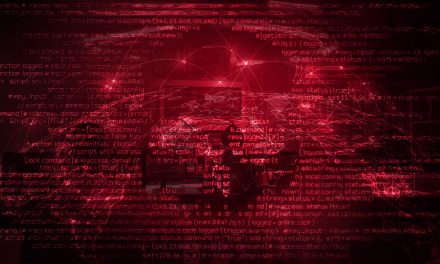A global survey has shown that 288 out of 300 respondents believed hackers are increasingly powering their heists with advanced AI.
If the whole wide world is undergoing digital transformation, why not the cybercriminals and their network of nasty affiliates?
AI and machine learning have already been used by cybercrooks to perpetrate automated bot attacks, and with their level of technological sophistication not reined-in by laws, they can probably undergo DX much better than most!
This is what one recent study by MIT Technology Review across North America (48%), Europe, the Middle East, and Africa (36%), the Asia-Pacific region (11%) and Latin America (5%) has indicated: in a small survey of 300 executives (60% at C-level), directors and managers worldwide between December 2020 and January 2021, 96% of the respondents were preparing for the emergence of AI-powered cyberattacks.
Here are the key findings:
- The top three most worrying types of attacks were via email (74%), ransomware (73%) and cloud infrastructure (68%)
- 96% of respondents indicated they were preparing for the onset of AI attacks
- 68% of respondents expected AI to be used for impersonation and spear-phishing attacks (deepfake videos and audio)
- 60% of respondents believed that human-driven responses have failed to keep up with automated cyberattacks
- Highly-targeted scam emails called ‘fearware’ have exploited the public’s fears (around the current global pandemic) to great effect
- The general sentiment is that AI will be needed to fight ‘offensive AI’
Commented Nicole Eagan, Chief Strategy & AI Officer, Darktrace, the AI-cybersecurity firm that sponsored the study: “From the results, it is clear that cybersecurity is a real and significant issue for business leaders, and AI is going to play a very big part in securing all enterprises. These findings show that we are at a watershed moment and business executives are preparing for a new era of attacks. Approaches that are based on analyzing historical attacks will be ill-equipped to defend against offensive AI. A fundamentally new approach using self-learning technology and autonomous response will be necessary to augment human security teams.”





















